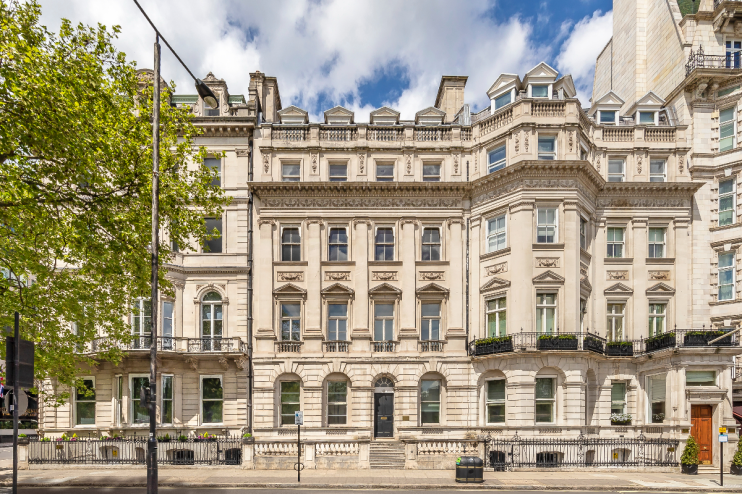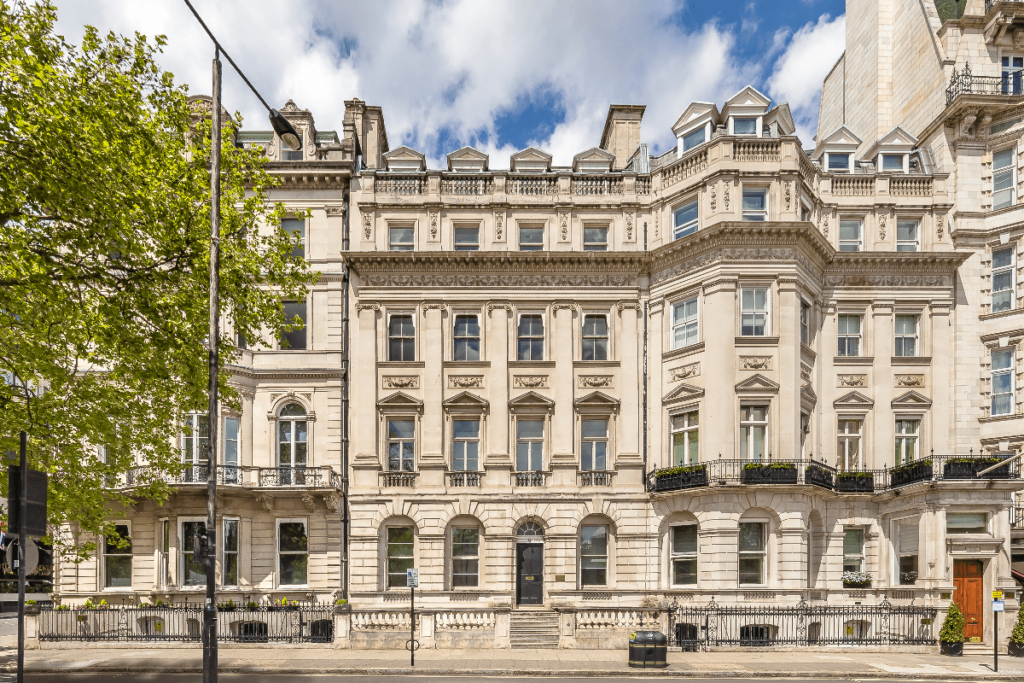| Updated:

Prime property in areas like Mayfair and Belgravia is currently going for as little as £1,800 per square foot, but reversing inheritance tax on global assets could re-establish London’s appeal to the world’s rich, says Edward Matthews
Reports that Rachel Reeves is considering reversing the requirement for overseas high net worth individuals (HNWI) to pay inheritance tax (IHT) on their worldwide assets could provide a timely boost to the Prime Central London property market. This policy shift would not only improve sentiment but could help the capital regain its position as an attractive destination for international investment, particularly at a time of global uncertainty and geopolitical risk.
The Treasury’s decision to extend IHT to global assets was the inflection point for many non-domiciled individuals, prompting them to reconsider their exposure to the UK and, in many cases, reallocate capital to more favourable tax jurisdictions. Unsurprisingly this capital flight has negatively impacted the property market.
Transaction volumes have slowed considerably and according to Savills prices have dropped 21.2 per cent since their peak in 2014. At Mera Investment Management we finance and invest in prime real estate assets in some of London’s most desirable postcodes. In areas like Mayfair, Knightsbridge and Belgravia, we’re now seeing assets change hands at 2012 prices – with the price per square foot now as low as £1,800.
An investment opportunity
While this may reflect weaker demand in part, it does present an opportunity for savvy investors with a long-term view to step in and acquire premium assets at a discount. Backed by private lenders like Mera, with expertise in the prime central London (PCL) market and the ability to execute deals quickly, these buyers are well positioned to take advantage of current market conditions, which might well be changing if the IHT reversal goes ahead.
I do believe that London retains a fundamental appeal to HNWIs and investors, which may be further strengthened in the current geopolitical climate. The market turmoil earlier this year following Trump’s tariff announcements and the threats of ‘revenge’ taxes levied on foreign individuals, businesses and investors have dented the US’ reputation as a safe haven jurisdiction amongst global investors. With the US now entangled in the conflict between Iran and Israel, investor confidence is likely to fall even further.
In a highly volatile climate, HNWIs and family offices will always want to invest their capital in locations that combine political stability, robust and transparent legal frameworks and global connectivity, areas where the UK and London have traditionally excelled. With the number of true safe havens dwindling there’s a real opportunity for the UK to reassert itself.
A pragmatic reversal on non-dom taxation (if it indeed materialises) would send a strong signal that the country is once again open for business and ready to fend off competition from the likes of Dubai, Monaco and Milan
This is why the government’s pragmatic reversal on non-dom taxation (if it indeed materialises) would be timely and welcome. It would send a strong signal that the country is once again open for business and ready to fend off competition from the likes of Dubai, Monaco and Milan. If anything, this episode has underscored just how mobile and selective capital can be. It flows to where it is treated best.
That said, investors’ decisions are not just influenced by preferential tax treatment. Stability and policy consistency are equally vital factors. While tax policies that appeal to the electorate might win short-term political points, they can deter long-term investment which risks undermining the government’s broader growth objectives. If the UK, and indeed London, is to reclaim its position as a leading destination for international capital, it must foster a fiscal environment that prioritises long-term capital inflows over fleeting political gains.
I remain confident that the PCL market has the potential to bounce-back, particularly if global capital sees that the UK is serious about attracting long-term investment. The UK has a unique opportunity to reaffirm its status as a global safe haven. Let’s hope it takes it.
Edward Matthews is CEO of Mera Investment Management

